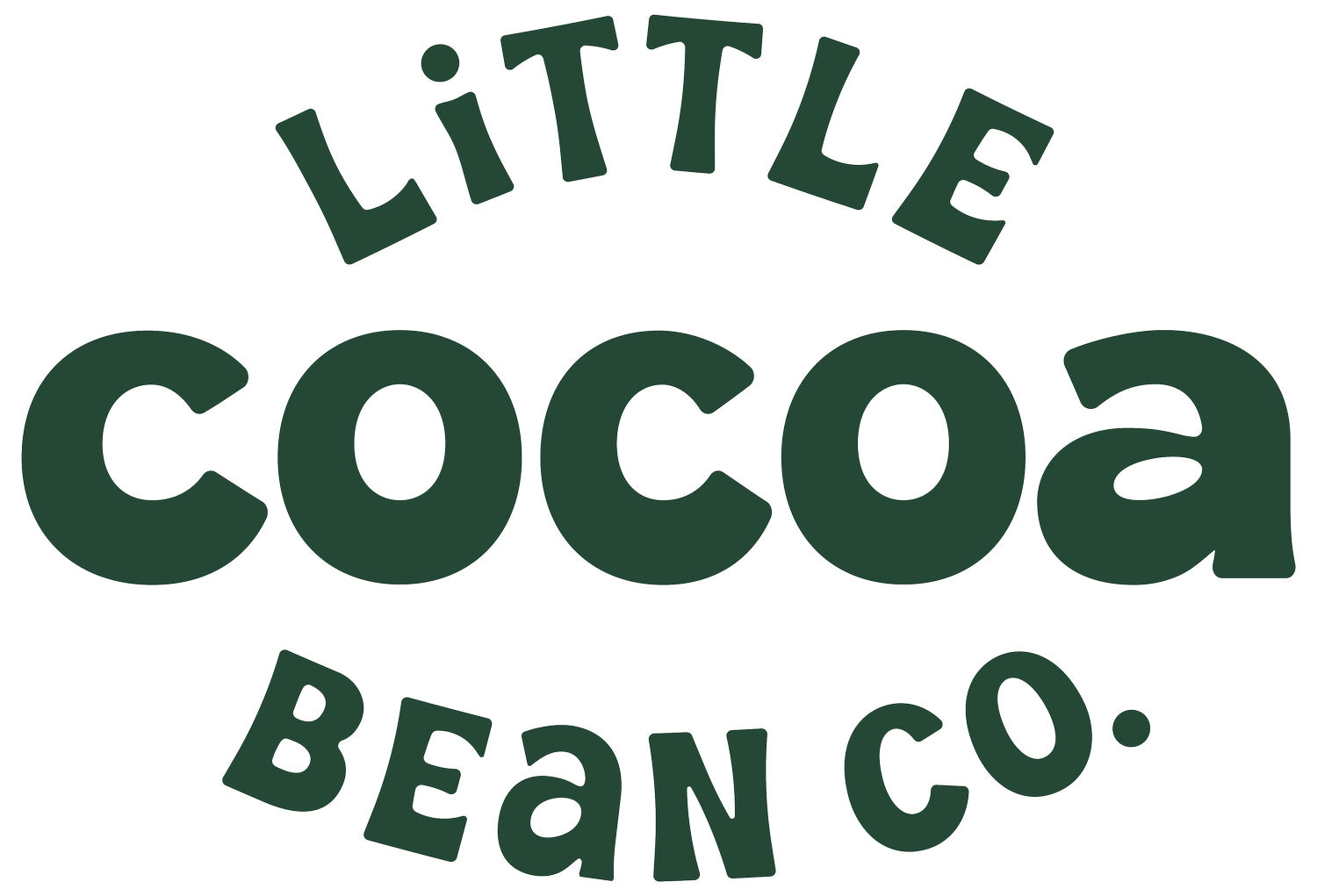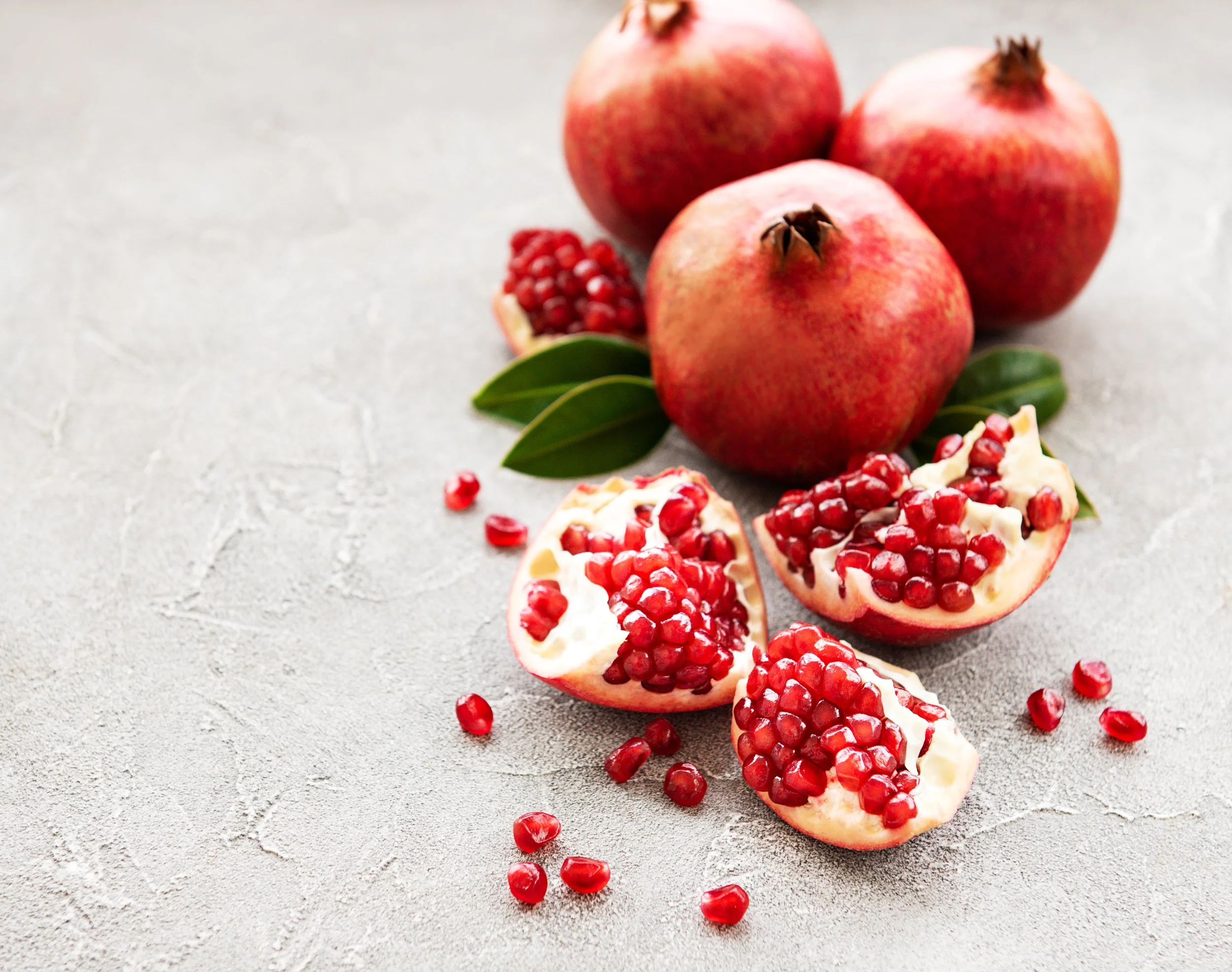Introducing Pomegranate!
Introducing the one and only pomegranate, pomegranate is a ruby-red fruit that is likely to have originated in Persia. However, being very popular, the fruit found its way soon being cultivated throughout the Mediterranean, Arabia, Afghanistan, India, and China. In China it even gained the name “Chinese Apple.” The pomegranate has a cultured history as in many different locations it played different roles. For instance, in Jewish art it symbolized sanctity, abundance, and faithfulness; it even earned the right to be embroidered at the hem of the high priest’s robe. Not only that, but in China and through Buddhism, the pomegranate was seen to symbolize fertility. Clearly the pomegranate is a worldwide sensation! It can also be a sensation in your child’s diet as it is very versatile and can be added into salads, cocktails (for the parents, of course!), meat, or rice. Not only is the pomegranate extremely juicy, but it also contains an array of seeds that your child may be interested in helping you pick out when making fun dishes! And with an amazing number of health benefits, your baby will be well supported heading into their first 1,000 days of life. To learn more about the importance of your baby’s health in their first 1,000 days, visit our blog at: Little Cocoa Bean Co.! (Source/Source)
Pomegranate’s Nutritional Facts
To start off, just to throw it out there, allergies to pomegranates aren’t common, but there is always a possibility, which may cause itching, swelling, runny nose, and difficulty breathing. Aside from that and getting into the nutritional facts,1 whole pomegranate (282 grams) contains 234 calories, 4.7 grams of protein, 3.3 grams of fat, 29 grams of carbohydrates, 11.3 grams of fiber, and 38.6 grams of sugar. Pomegranate is great for your baby’s health, as it is very rich in vitamins and minerals such as Vitamin C and copper, which aids in healthy red blood cell development, which is essential to your baby’s first 1,000 days of life. In addition, pomegranates aid in building bones, cartilagem and muscle. It also puts in overtime by fighting oxidative stress, which may aid in fighting against cancers, cardiovascular diseases and more. Considering it contains high concentrations of fiber, pomegranates may also improve digestion, which is great for your little one. Studies have also shown that pomegranate may aid in fighting against high blood pressure. Clearly pomegranate is the winning team! To learn more about the importance of your baby’s nutritional foundation, visit us at our blog: Little Cocoa Bean Co.! (Source)
Social Post Narrative
Having its origins likely in Persia, pomegranate’s cultivation allowed it to spread throughout the Mediterranean, Arabia, Afghanistan, India, and China. It gained the name “Chinese Apple” in China. The pomegranate has played a significant role in history and cultures today as in Jewish art it symbolized sanctity, abundance, and faithfulness. It even earned the right to be embroidered at the hem of the highest priest’s robe! Furthermore, within Buddhism in China, the pomegranate symbolizes fertility and life. The pomegranate is a ruby-red, juicy fruit that is filled with seeds and can be added to a variety of things such as salads, cocktails, meat, and rice. And while allergies to pomegranates are not common, there are some cases, which involve itching, swelling, runny nose, and difficulty breathing. Besides that, the pomegranate is beyond conducive to your baby’s development as it contains major important vitamins and minerals such as Vitamin C and K and copper, while also aiding in the building of bones, cartilage and muscle. Studies have shown that pomegranates may also aid in fighting oxidative stress, which may combat cancers, cardiovascular disease, and more. And with its high concentration of fiber, it is no surprise that pomegranate is shown to improve digestion, which your baby will greatly appreciate! To learn more about the importance of your baby’s digestive health, visit our blog at: Little Cocoa Bean Co.! (Source/Source)

